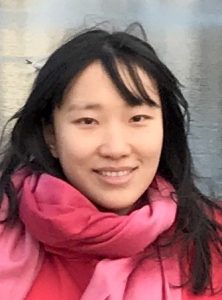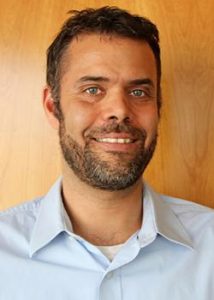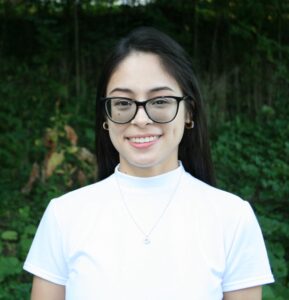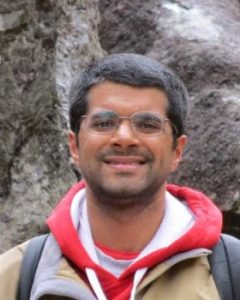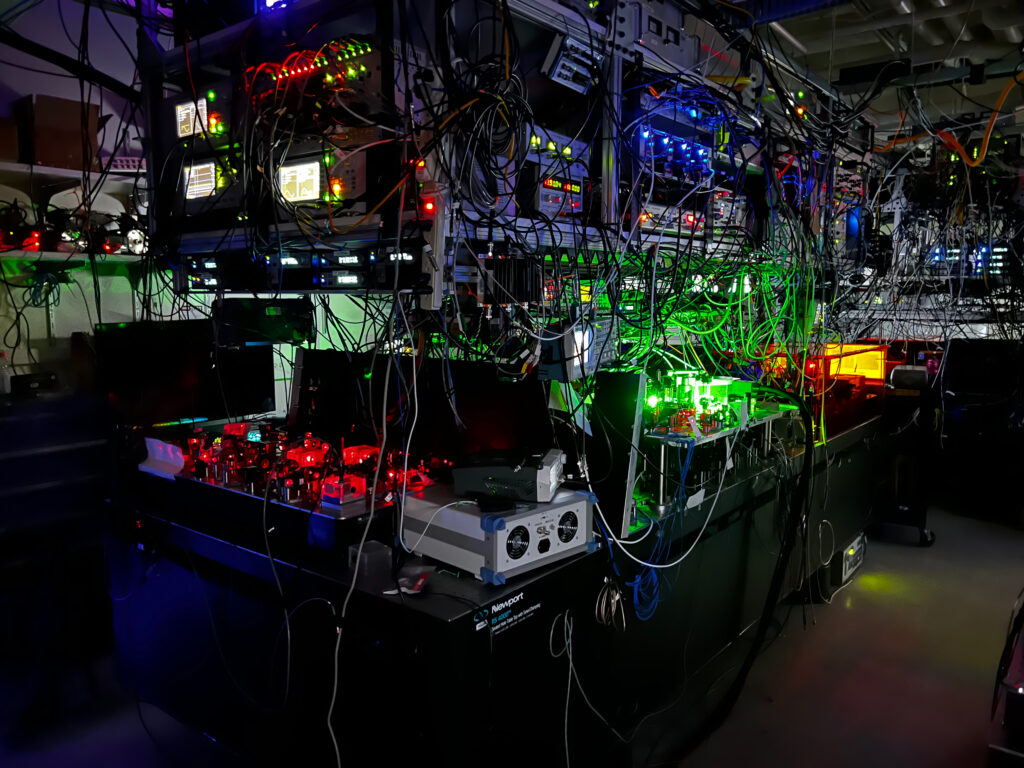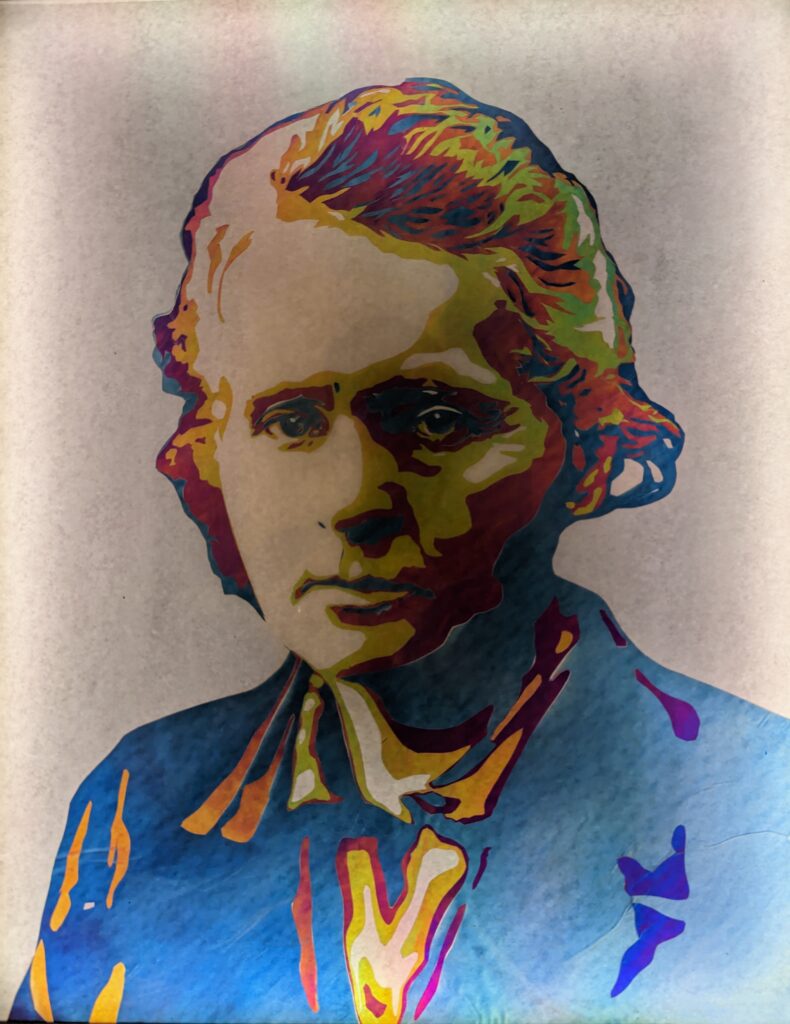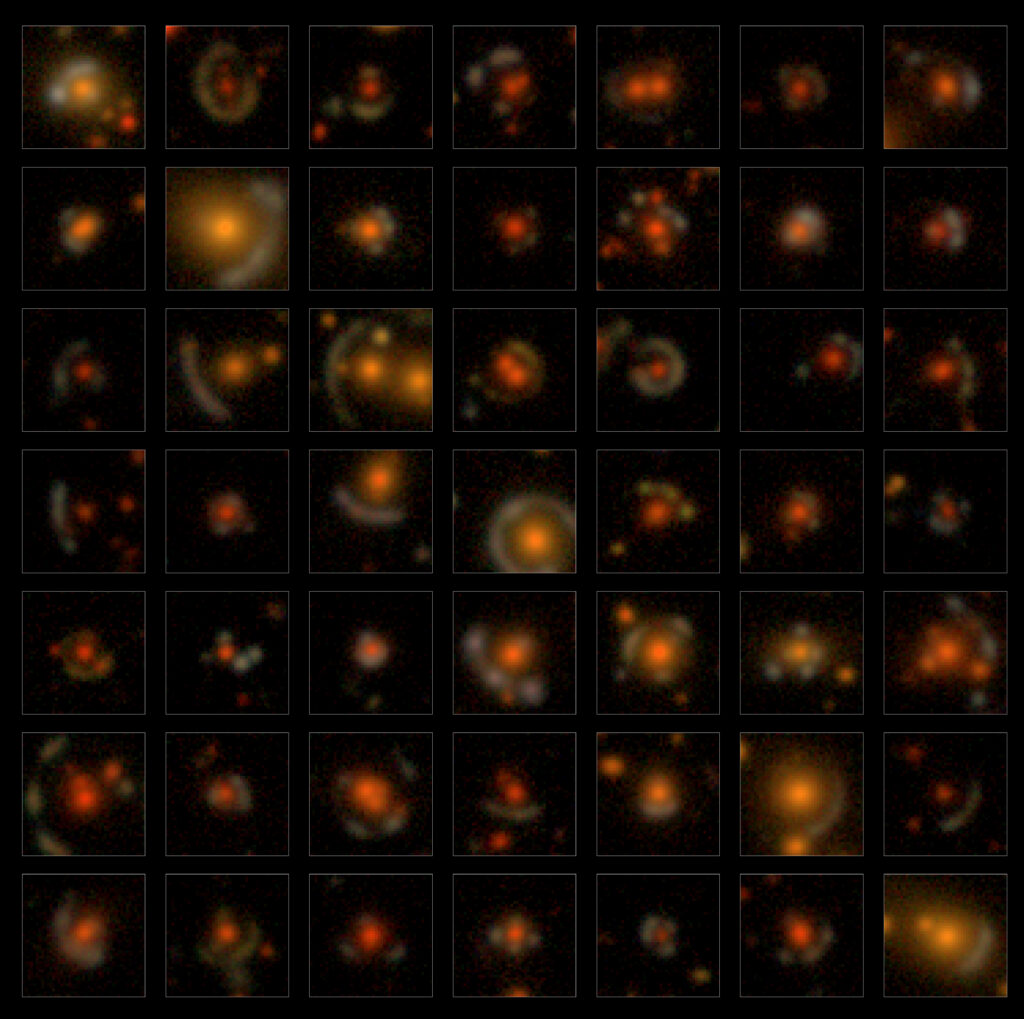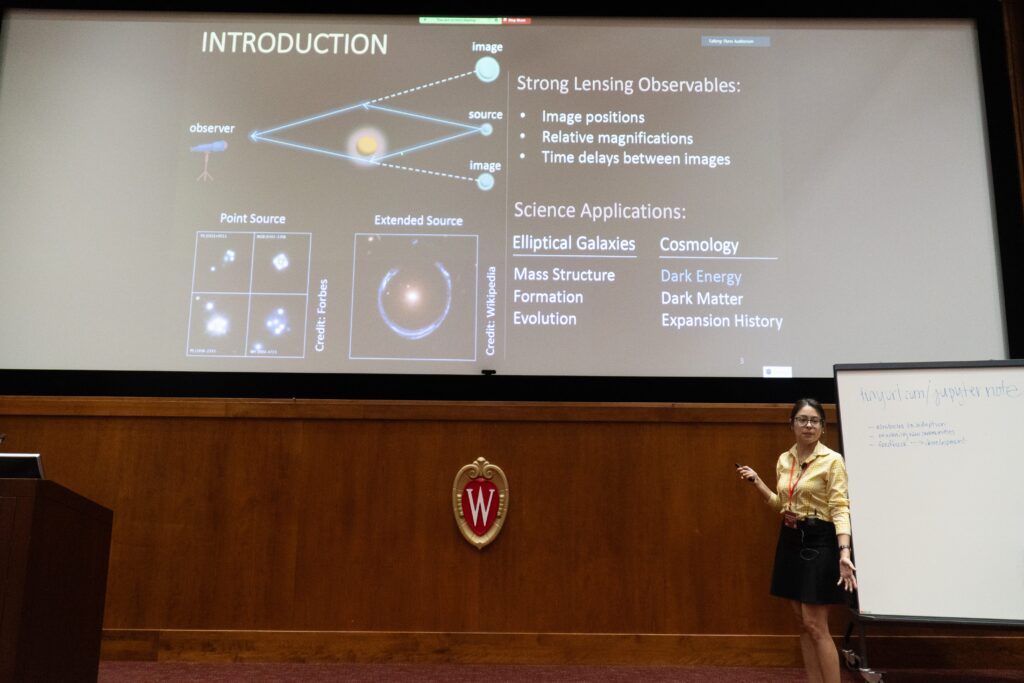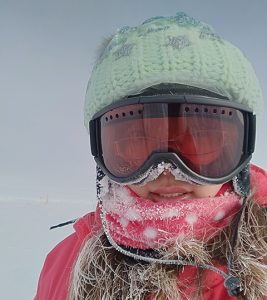This post is slightly adapted from one originally published by Oxford Instruments
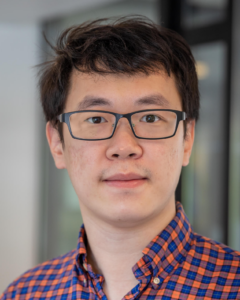
Oxford Instruments announced Feb 15 that Tiancheng Song, who will join the UW–Madison physics department as an assistant professor in May, has been awarded the 2024 Lee Osheroff Richardson Science Prize. He is currently an experimental physicist and Dicke Fellow at Princeton University.
Dr. Song is recognized for his efforts in developing and employing various measurement techniques at low temperatures and in magnetic fields to study 2D superconductivity and magnetism in van der Waals heterostructures. His works have uncovered a series of emergent quantum phenomena in 2D superconducting and magnetic systems.
The Lee Osheroff Richardson Science Prize promotes and recognises the novel work of young scientists working in the fields of low temperatures and/or high magnetic fields or surface science in North and South America.
“I am thrilled to be the recipient of the prestigious Lee Osheroff Richardson Science Prize this year! I feel this is a special honour because I am joining the ranks of remarkable scientists who have been awarded this prize for their famous experiments and achievements,” commented Dr. Song.
Tiancheng Song is currently a Dicke Fellow in the Department of Physics at Princeton University. Working with Prof. Sanfeng Wu, Dr. Song recently developed a new technique to investigate 2D superconductivity, strongly correlated phases and the associated unconventional quantum phase transition.
In his work at Princeton, Dr. Song successfully measured superconducting quantum fluctuations of monolayer WTe2 based on the vortex Nernst effect. The result led to the discovery of a new type of quantum critical point beyond the conventional Ginzburg-Landau theory and demonstrated a new sensitive probe to 2D superconductivity and superconducting phase transitions.
Dr. Song’s results have been well recognized by the community with his work being cited over 4,000 times. Dr. Song’s original contributions are demonstrated by the faculty offers he has subsequently received; he will join the University of Wisconsin–Madison as an assistant professor in May 2024.
As part of the prize, Dr. Song will receive $8000 as well as support to attend the APS March Meeting in Minneapolis where he will be presented his award.
The 2024 LOR Science Prize selection committee is chaired by Professor Laura Greene, NHMFL and FSU and includes: Professor Hae-Young Kee, Toronto University; Professor Collin Broholm, Johns Hopkins University; Professor Paula Giraldo-Gallo, University of the Andes; and Dr Xiaomeng Liu, Princeton (2023 winner).
About the LOR Science Prize
Oxford Instruments is aware that there is a critical and often difficult stage for many scientists between completing a PhD and gaining a permanent research position. The company is pleased to help individuals producing innovative work by offering financial assistance and suitably promoting their research work, through sponsoring the LOR Science Prize for North and South America for the past 19 years. The Prize is named in honour of Professors David M. Lee, Douglas D. Osheroff and Robert C. Richardson, joint recipients of The Nobel Prize in Physics 1996 for their discovery of ‘superfluidity in helium-3’.
The previous winners of the LOR Science Prize are Dr Xiaomeng Liu, Dr James Nakamura, Dr Matthew Yankowitz, Dr Sheng Ran, Dr Paula Giraldo-Gallo, Dr Kate Ross, Dr Brad Ramshaw, Dr Mohamad Hamidian, Dr Cory Dean, Dr Chiara Tarantini, Dr Lu Li, Dr Kenneth Burch, Dr Jing Xia, Dr Vivien Zapf, Dr Eunseong Kim, Dr Suchitra Sebastian, Dr Jason Petta, and Dr Christian Lupien.
